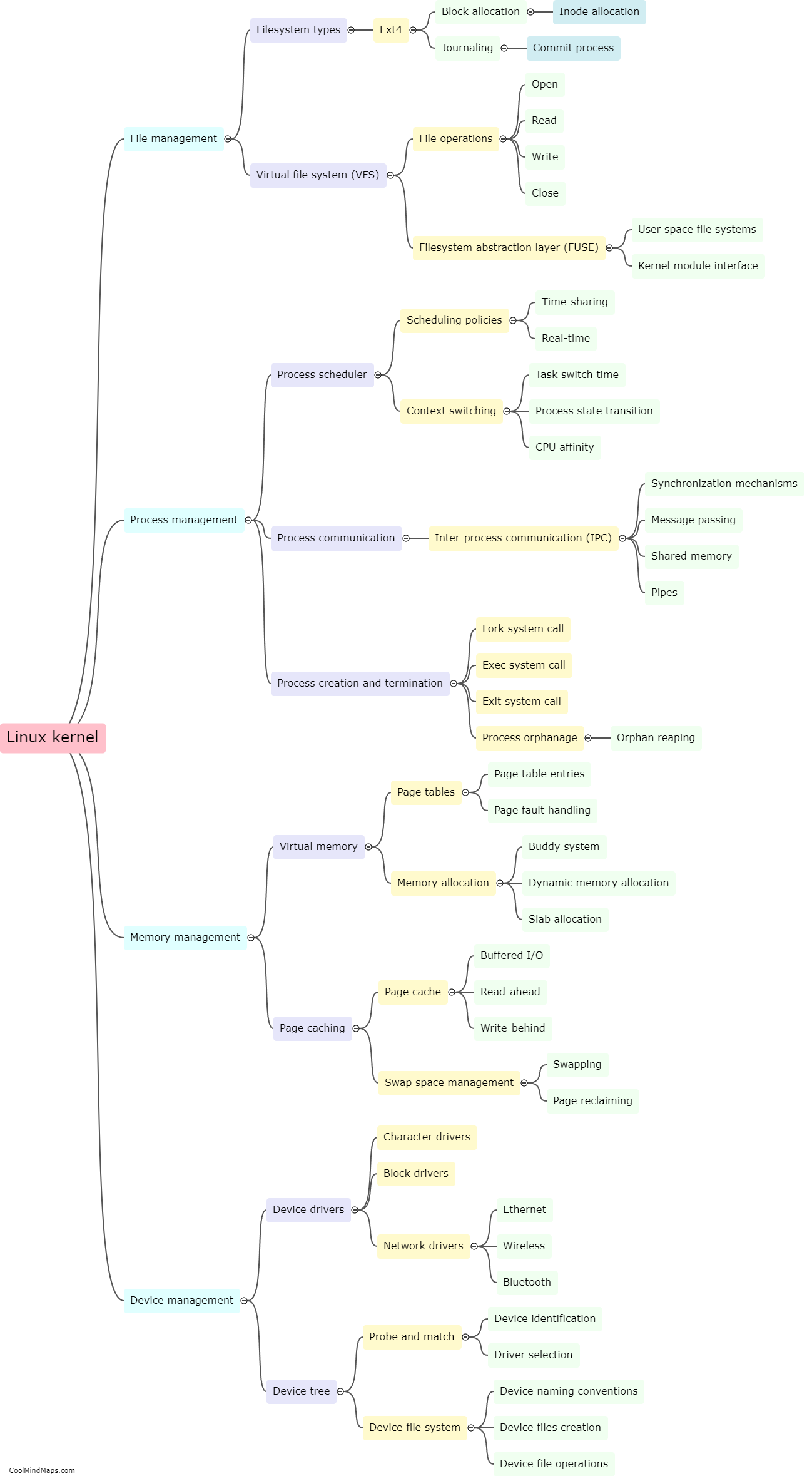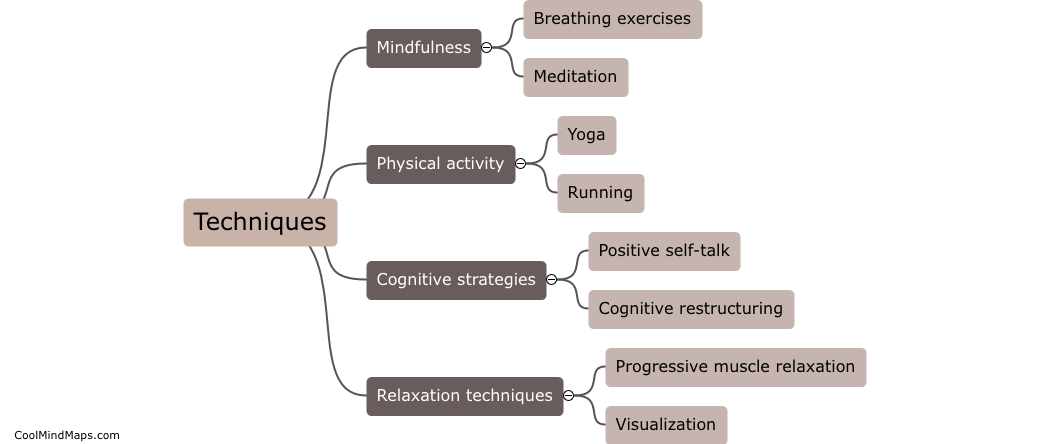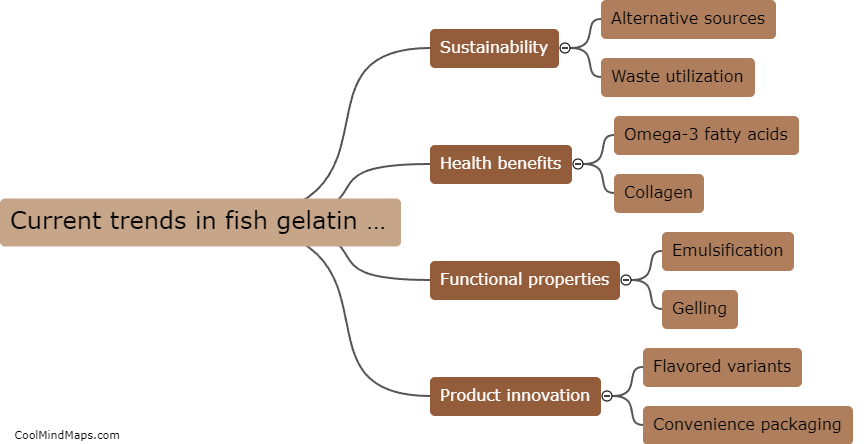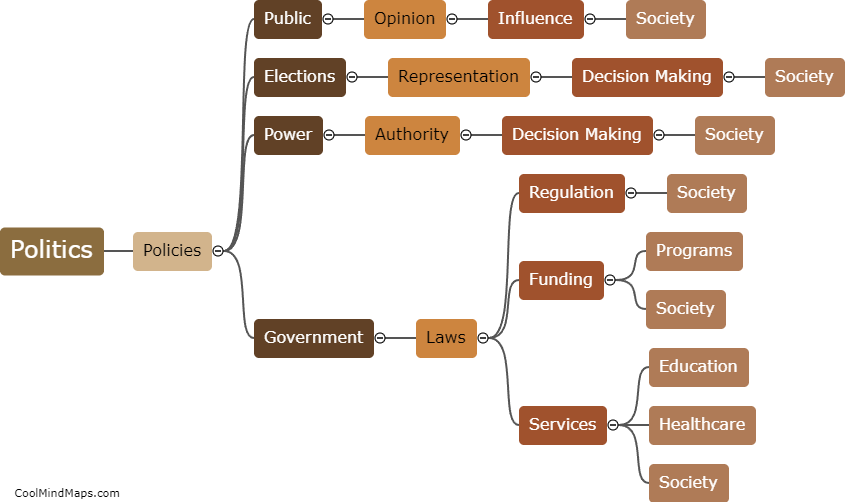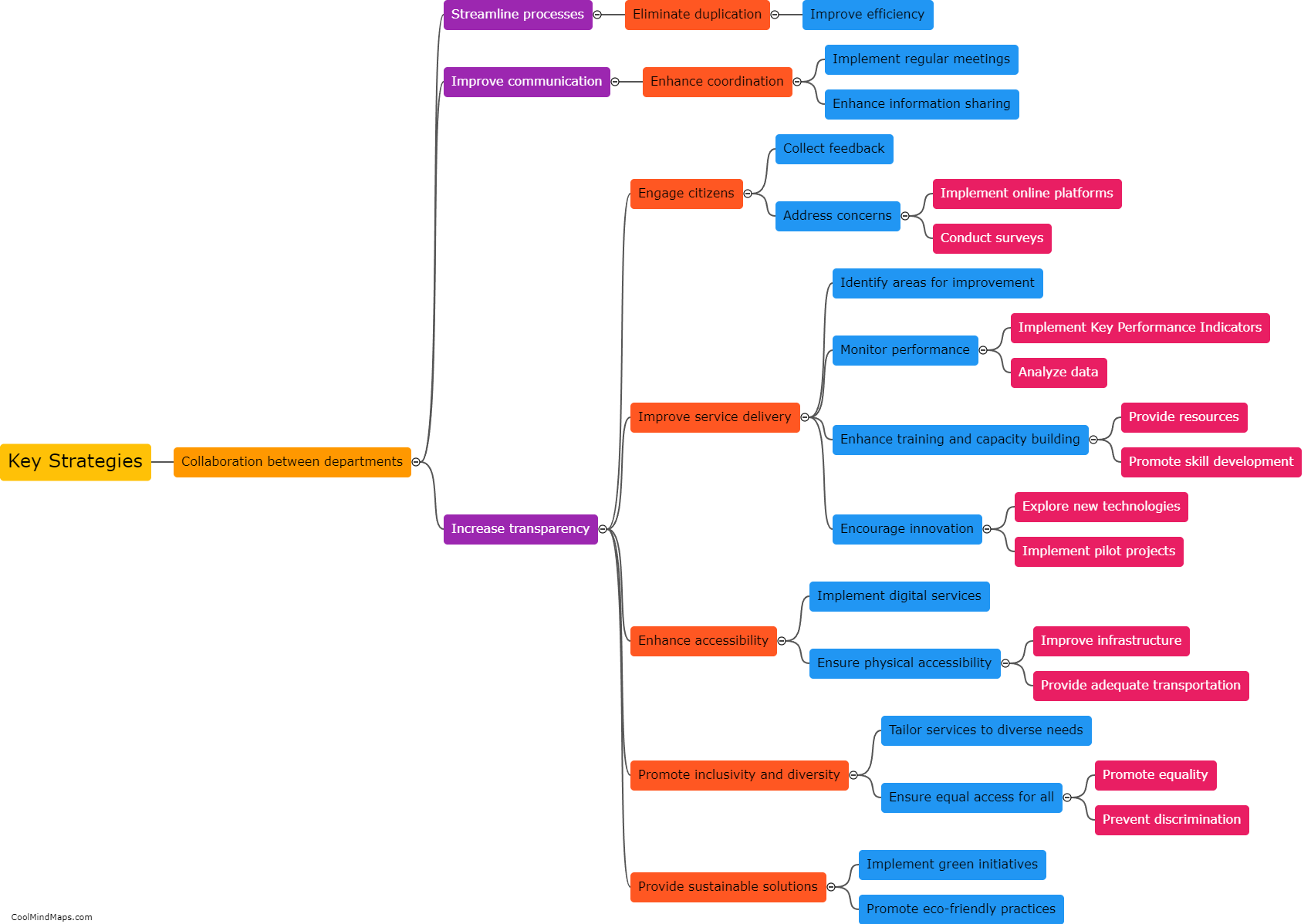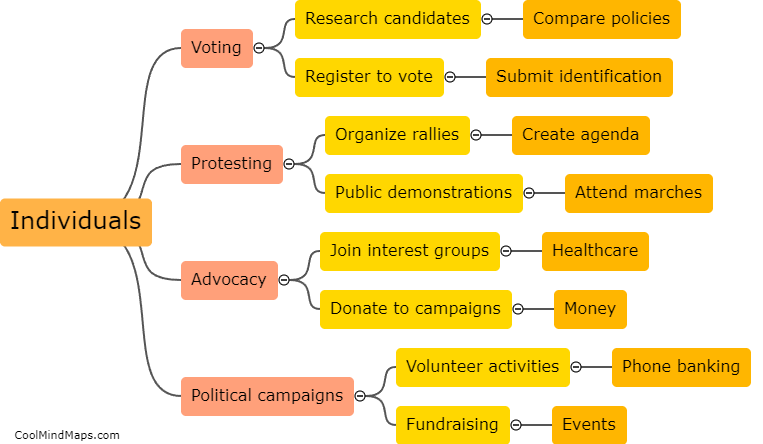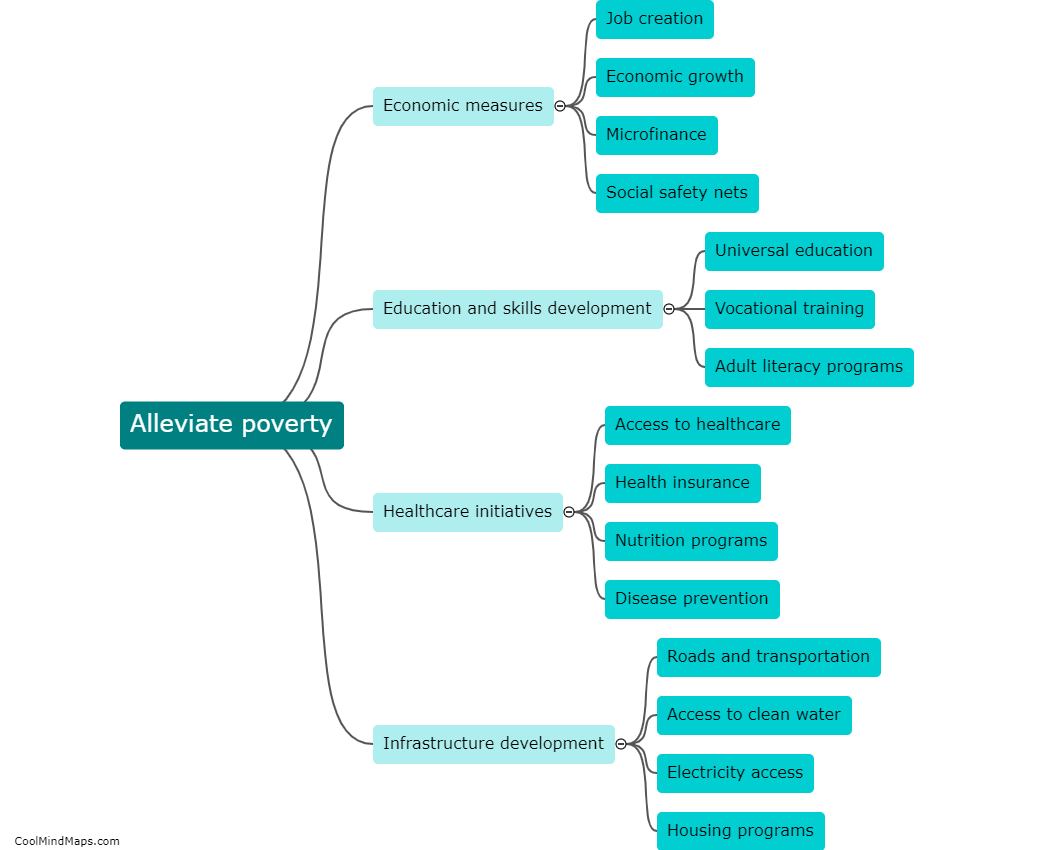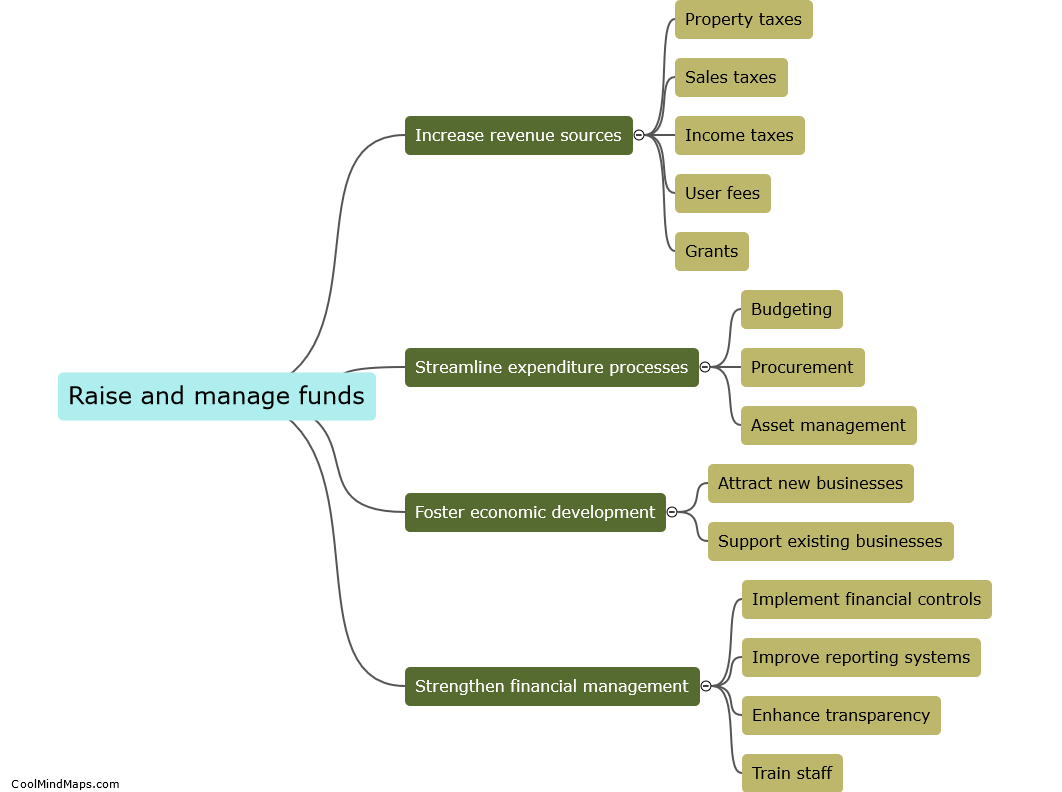What are the key elements of a political system?
The key elements of a political system include the government, the constitution or fundamental law, the interactions between different branches of government, and the participation of citizens. The government, usually headed by a leader such as a president or prime minister, is responsible for making and implementing policies and laws. The constitution provides the framework for governing, outlining the powers and limitations of the government and ensuring the protection of individual rights. The interactions between branches of government, such as the legislative, executive, and judicial branches, ensure a system of checks and balances. Lastly, citizens' participation through voting, political parties, and civil society organizations is essential for ensuring representation and voicing their opinions and concerns. A strong political system is characterized by the effective functioning and harmonious coordination of these key elements.
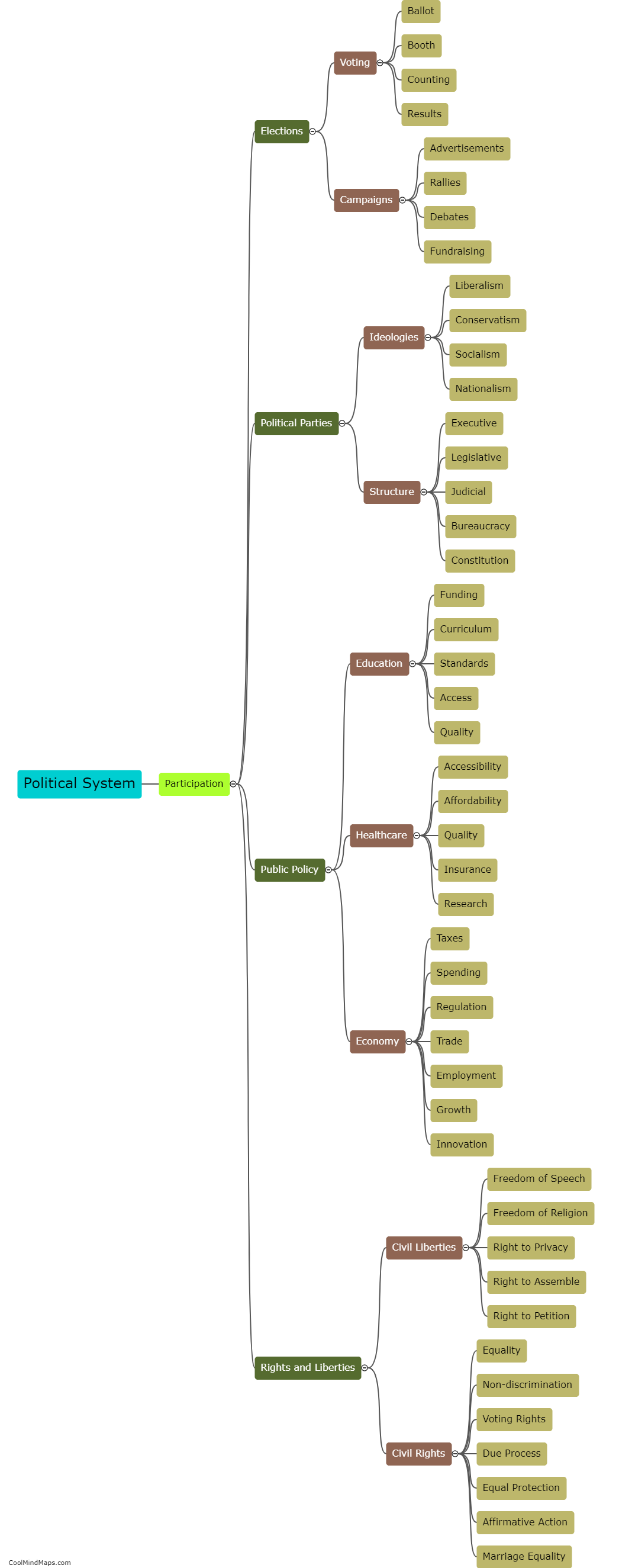
This mind map was published on 30 August 2023 and has been viewed 138 times.


